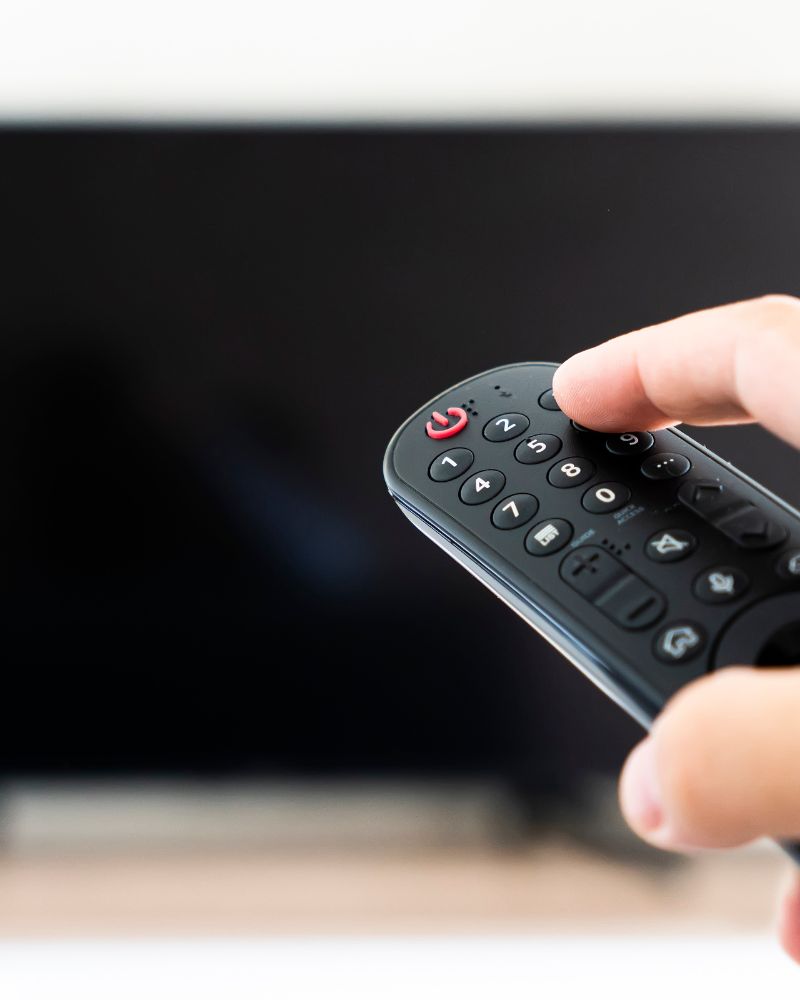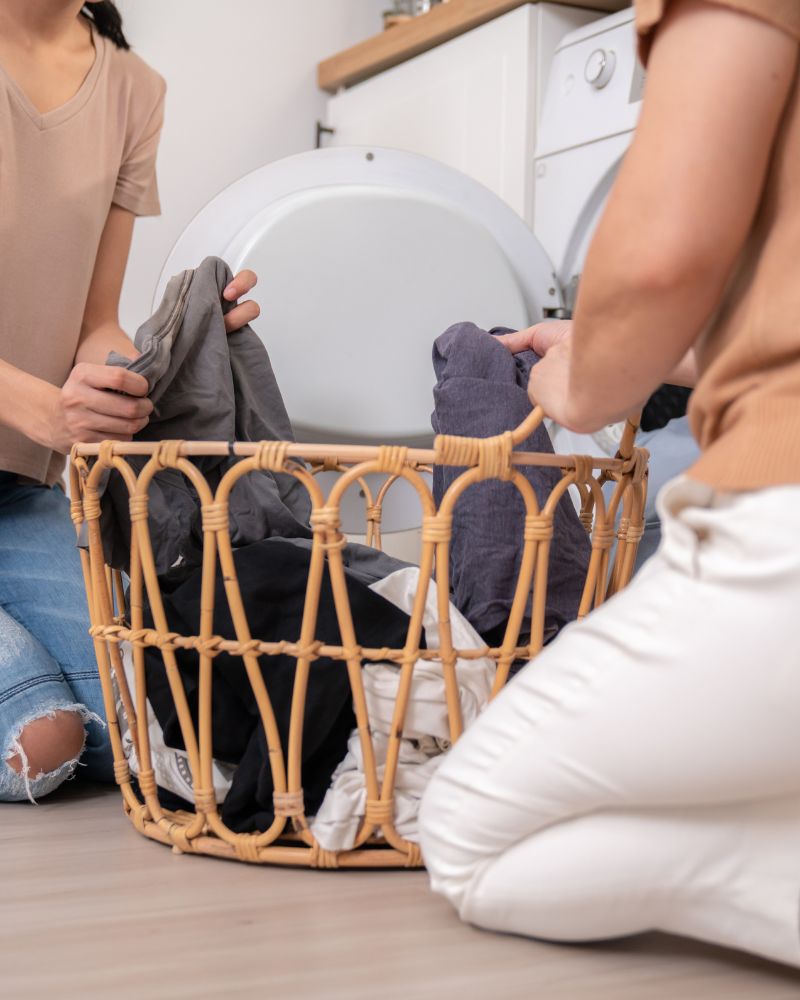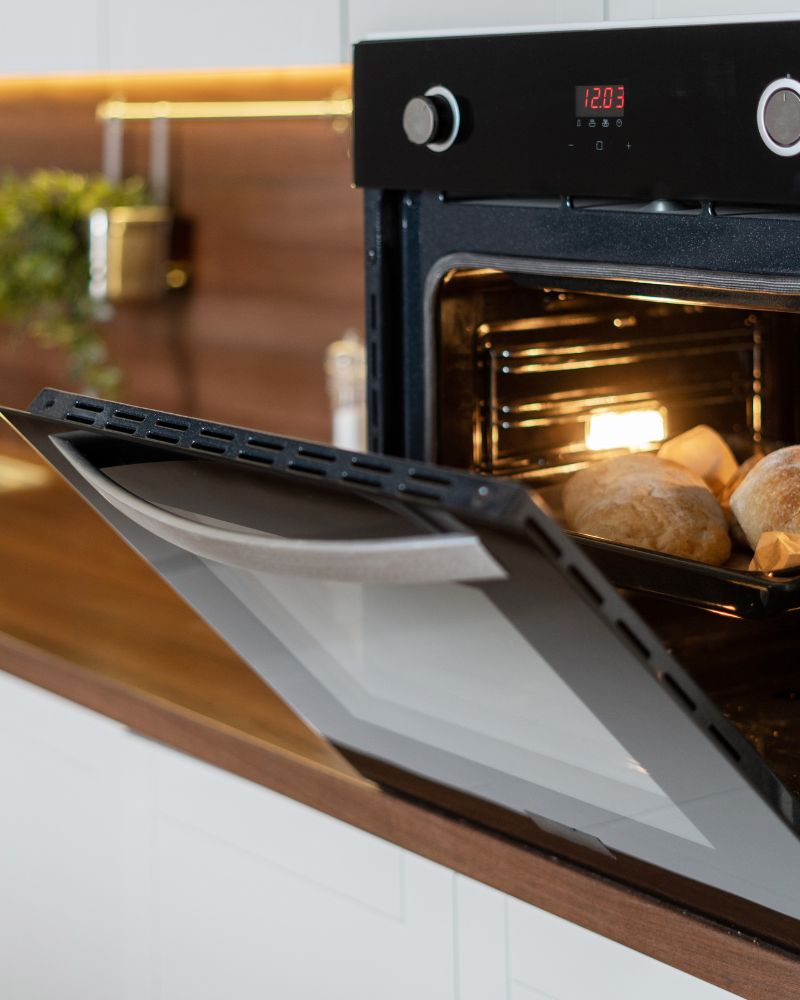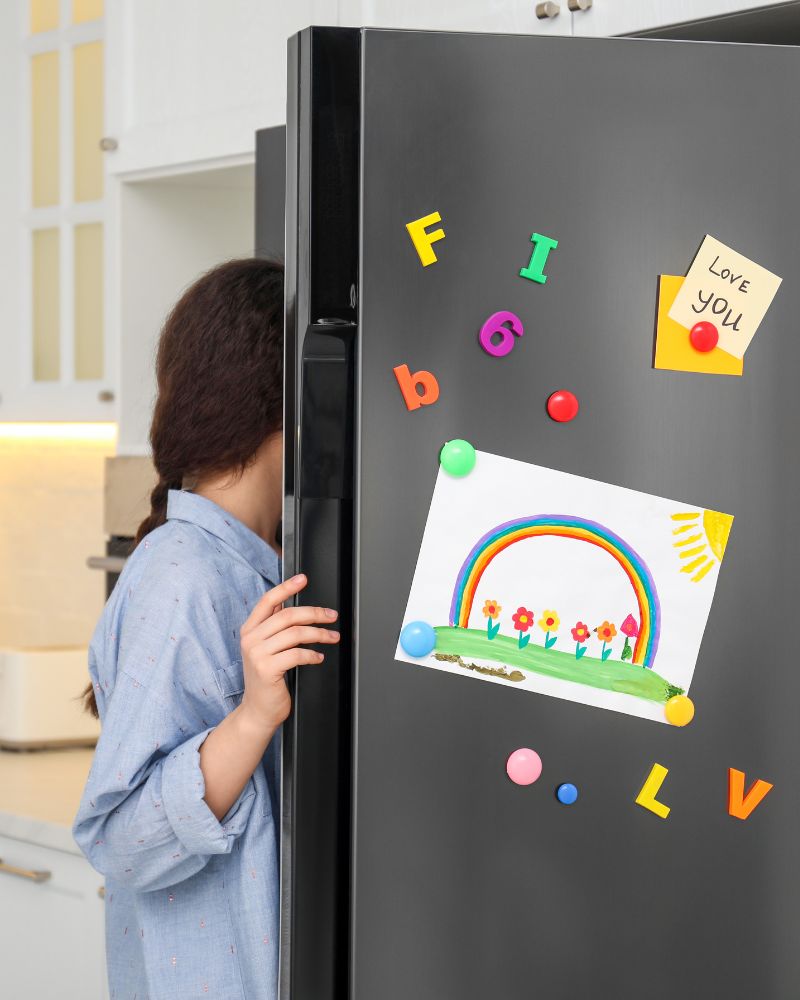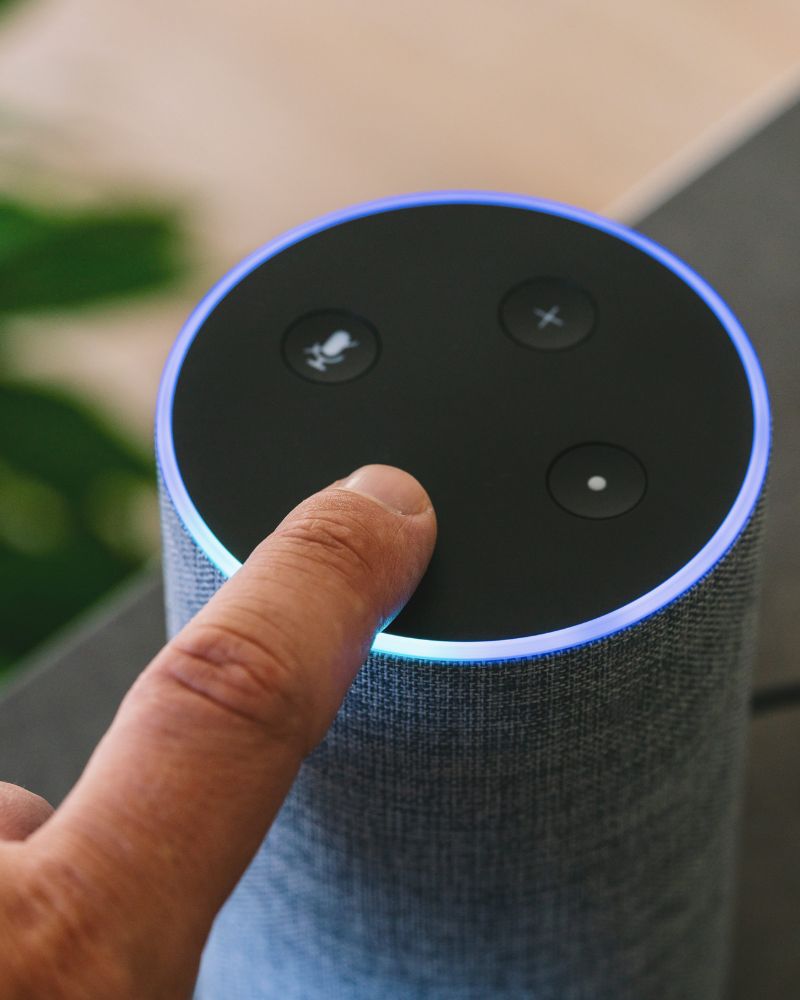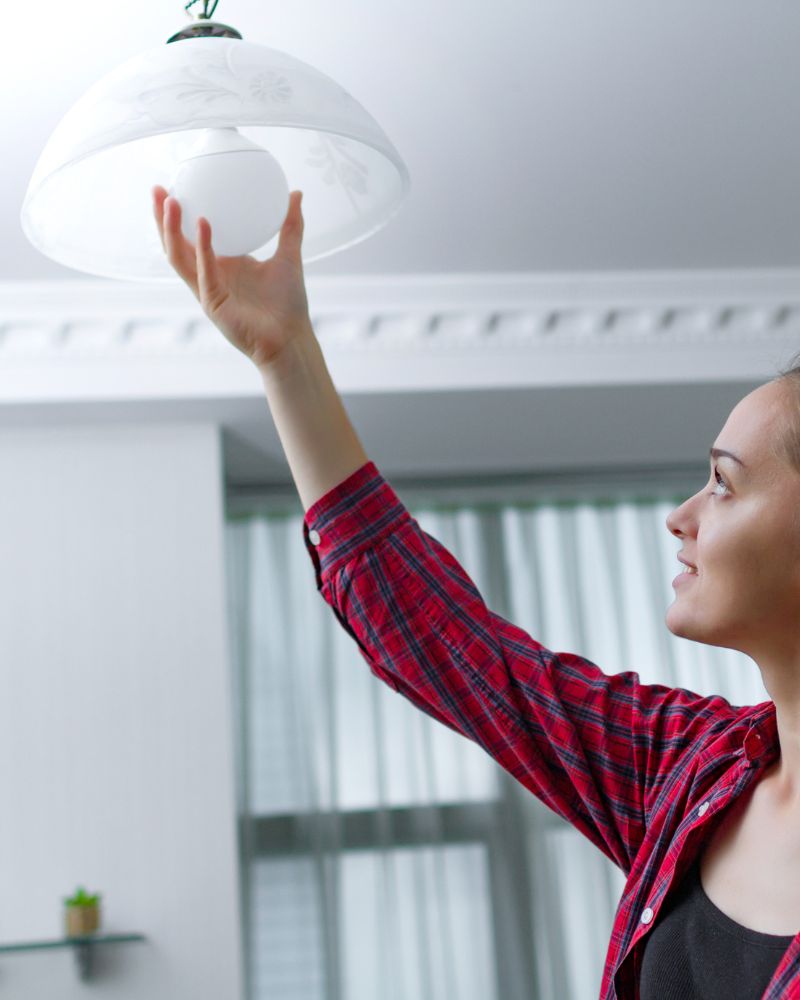Make the most of natural resources
Make the most of natural resources
Opting for natural light or ventilation instead of switching on lamps or turning on the air conditioning is synonymous with energy savings, in addition to lowering your power bill.
Appliance maintenance
Appliance maintenance
An oven, boiler, or fridge in bad condition can lead to a malfunction, which pretty equates to an increase in consumption. Therefore, it’s important to always keep them in good working condition by carrying out regular inspections to ensure their efficiency.
Efficiently using energy and changing habits
Efficiently using energy and changing habits
Always running a full load of laundry, switching the lights off when leaving the room, or completely unplugging appliances to avoid standby mode are just some examples of actions that can help cut down energy use in your home.
Commitment to new technologies
Commitment to new technologies
Identifying which appliances use the most electricity and replacing them with more efficient ones is just as important as applying the latest technological advances to save energy. Home automation systems, remote controls, or apps that monitor your energy consumption are great allies.

